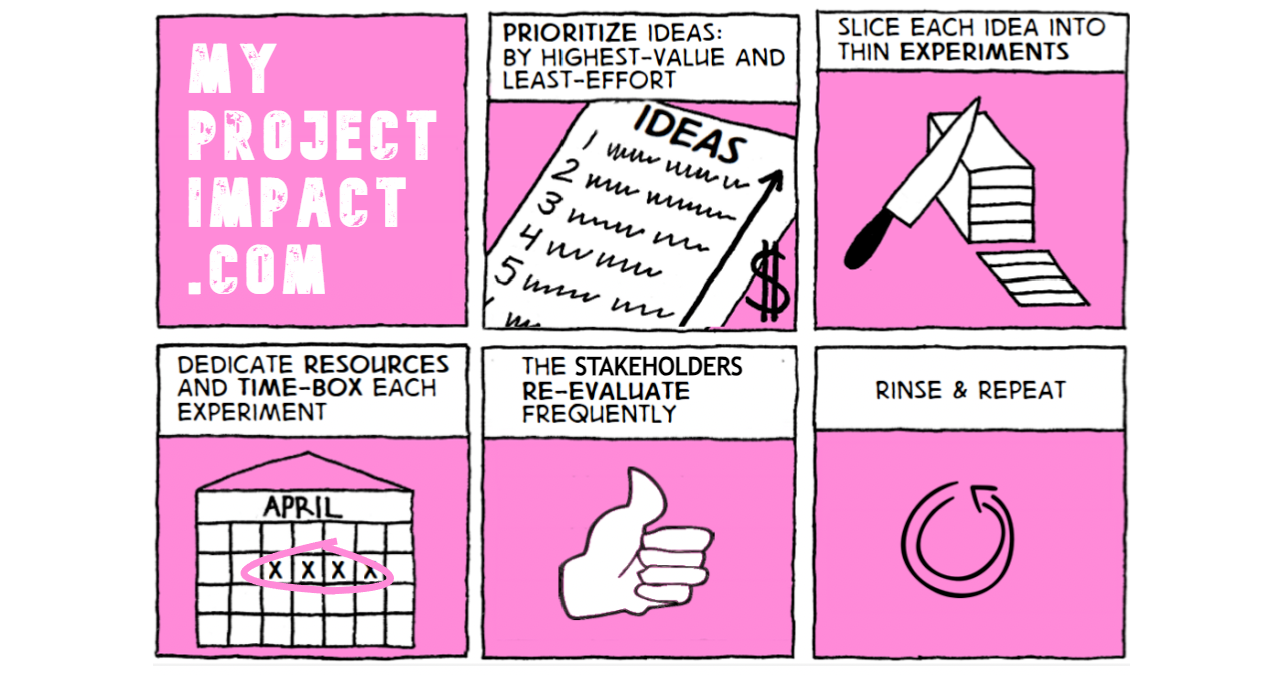Know more, do less
 Neville Scheevel
Neville Scheevel
It’s pretty simple. Most projects fail to meet estimates, and the reason we are estimating is so we can determine:
do we possess the resources to complete a project?
can we finish on time?
is the project even worth it?
But when a project is unlike anything the team has accomplished together, the early estimation will be a overly optimistic wild guess. What’s more, if a rigid cross-team timeline is built on our fictional estimates then we'll end up too far behind to allow for mid-course corrections.
So the solution is to measure all the "risk" upfront through lean experimentation. And by "risk" I mean the unknown bits that defy accurate estimation.
So, identify the unknowns, slice them into thin experiments, dedicate resources, time-box each experiment, and complete only enough until it is "knowable" then scale estimates accordingly.
Subscribe to my newsletter
Read articles from Neville Scheevel directly inside your inbox. Subscribe to the newsletter, and don't miss out.
Written by

Neville Scheevel
Neville Scheevel
Sr. Program Manager, Cloud Products & Governance at Warner Bros Discovery